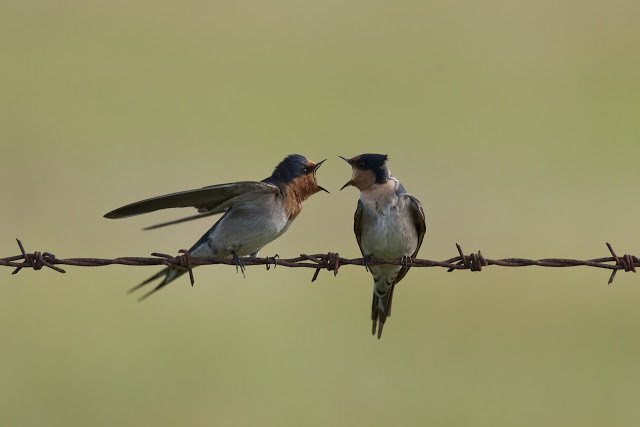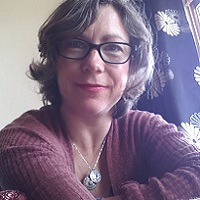I would like to be someone who will always tell the truth
Even if it’s uncomfortable. Even if I know you won’t like it. But to tell it in a way that conveys compassion. Not harsh truth. Gentle truth.
But to be completely honest with you, whether or not I do tell you the truth, the whole truth and nothing but the truth kinda depends.
Sometimes, it’s hard to find the right words. If I know you are someone who doesn’t like to be confronted with your own darkness, I probably won’t shine the light of truth on it for you. I will shun honesty in favour of being accepted and approved of as a “good friend” and say something that appears kinder, or say nothing at all.
But wouldn’t the very best friend tell us the full, grubby truth? I think so.
I fail myself and others when I am too weak to be completely honest.
But here’s the problem. Or my problem, at any rate. I learned as a child that it can be dangerous to blindly tell the truth. It rocks people’s boats—without meaning to—and people don’t like it.
We can suffer in our relationships with others when we tell the truth and others don’t like it. I learned to think before I speak. To weigh up the impact of my words before I utter them. And to censor (or even completely silence) them if I predict they will hurt the feelings of another, or hurt my relationship with them.
What I’ve learned is a societal norm, but it is not an authentic way of being in the world.
I want to be honest, yet kind. Shouldn’t be too difficult really. These things aren’t mutually exclusive. And yet, I find it hard with some folks. And some folks probably find it hard with me. Because it’s not just about how we say what we say, it’s also about how we listen.
What scares us most is how we think we’ll be heard. That’s why finding the right words can feel so challenging.
Why are we afraid to tell the truth?
Because we fear judgement.
Because we fear rejection or isolation.
Because we are taught that if we have nothing nice to say, then we should say nothing at all.
I think that lesson is a destructive one because “nice” is essentially subjective, an interpretation based on whether what we’re hearing flatters or offends our ego. And sometimes, we actually need to hear things we won’t like.
It may not be nice, but it can be communicated in a nice manner—with love and compassion.
Of course, there are plenty of times when we don’t need to share—when we are judging, projecting our own fears, or just in a sh*tty old mood. Compassionate communication skills would help us to know the difference.
If we were taught to communicate compassionately from childhood, the world would be a different place. Just think what it would be like if we never had to wonder whether someone was being genuine or just nice.
Wouldn’t it be amazing if we were all committed to the truth and then seeking the best way to tell it?
We’re taught lots of things that we’ll never use when we venture out into the world, but we aren’t taught the fundamentals of how to communicate with clarity, honesty and respect. And to learn it as adults we need to make a conscious choice and decide to flex our courage muscles. And maybe decide to invest in a little training. Or at the very least, a little reading…
So many books, so little time, but in the pile by my bed is Non-Violent Communication by Marshall Rosenberg. It’s not there by accident, and methinks it just might be time to make that one a priority.
Love elephant and want to go steady?
Sign up for our (curated) daily and weekly newsletters!
Apprentice Editor: Guenevere Neufeld / Editor: Renée Picard
Photo: Georgina Stey / Pixoto







Read 0 comments and reply